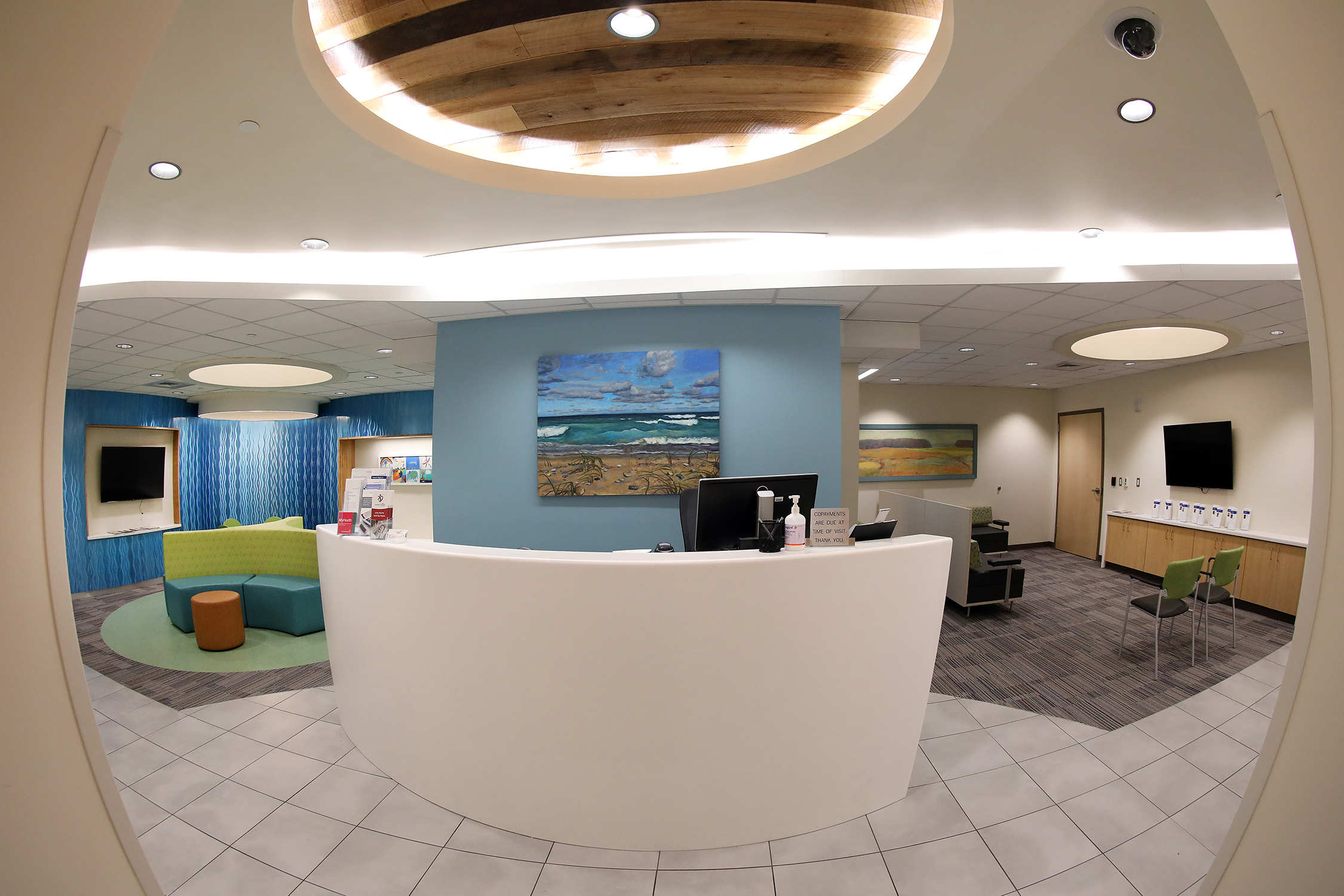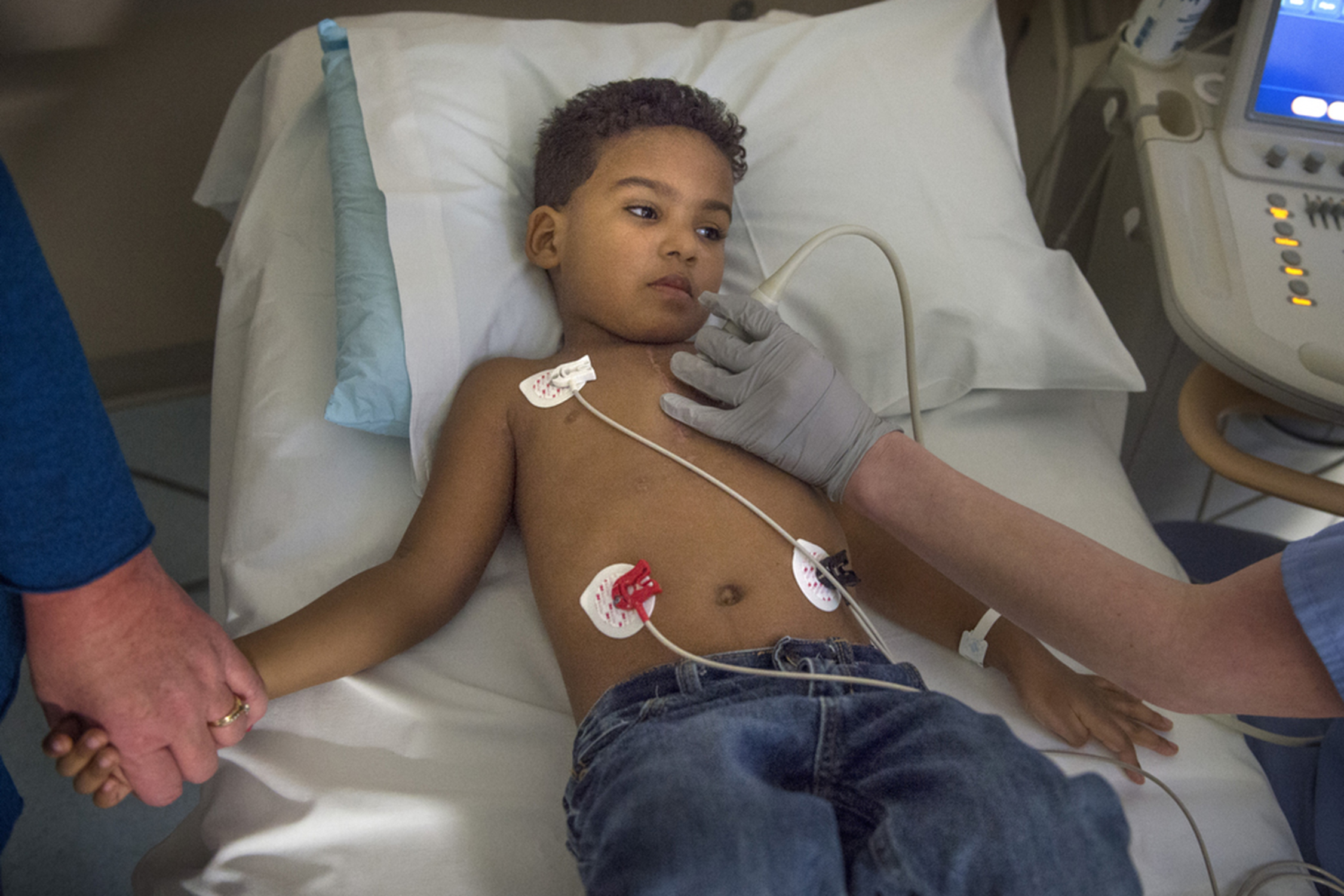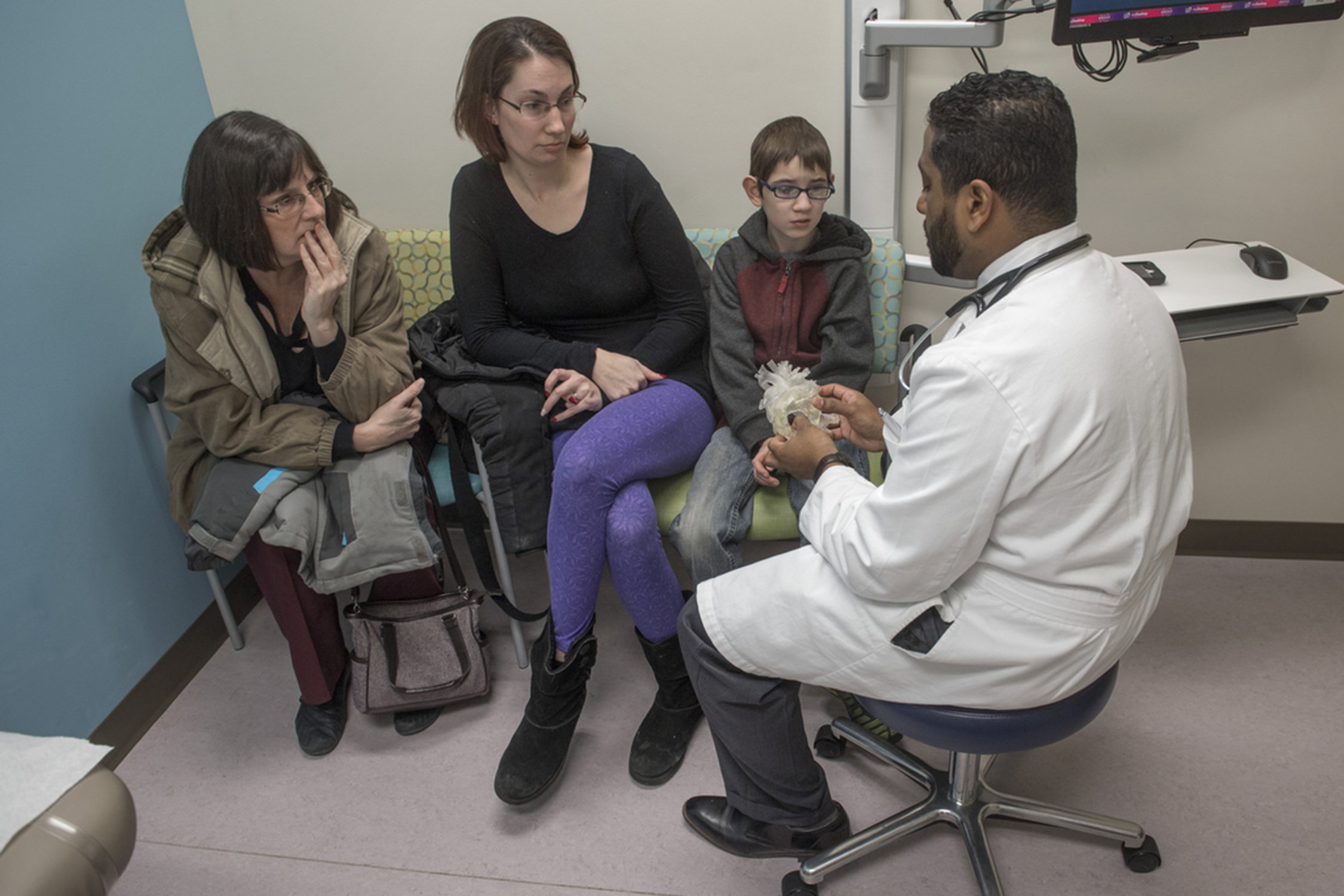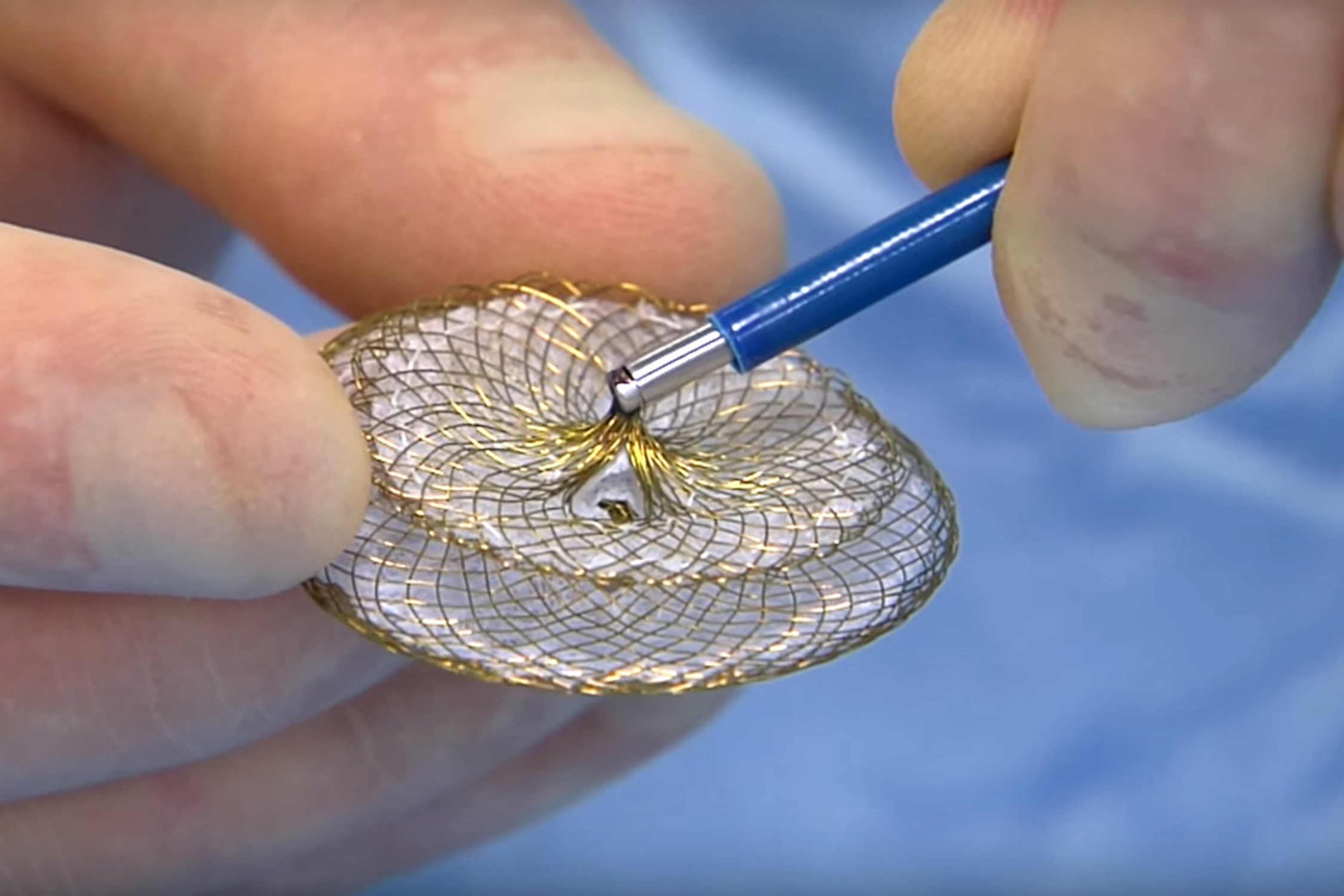One team, with your child at the center.
Schedule an appointment.

How We Care for You or Your Child
The Congenital Heart Center team features board-certified congenital cardiologists and congenital cardiothoracic surgeons. Other team members include experienced congenital cardiology advanced practice providers and nurses. In addition, our team works closely with other subspecialties and departments at Spectrum Health and Helen DeVos Children’s Hospital, including intensive care, pulmonology, gastroenterology, nephrology, neurology, radiology, sedation and child life services, to provide coordinated and comprehensive care.
Find a Congenital Cardiologist
Our experienced pediatric doctors and specialists are ready to serve you and your family.
Find a Congenital Cardiothoracic Surgeon
Our experienced pediatric doctors and specialists are ready to serve you and your family.
Meet Our Care Team

Cardiothoracic Surgeons

Cardiologists

Advanced Practice Providers

Cardiac Sonographers

Nurses

Social Workers

Exercise Physiologists

Medical Assistants
What Can I Expect From My Care Team?
We aim to treat all families and patients with compassion and respect, to the highest possible standard of care, within a single department, from fetal diagnosis to old age, as close as possible to home.
Patient Care Journey
Office Visits

During your office visit, you may interact with medical assistants, nurses, cardiac sonographers, a social worker and other team members either before or after you are seen by your cardiologists. Your office visit may be as short as one hour or may take several hours, depending on the number and type of testing or procedures that are required for your care.
Diagnosis
Routine testing may include checking your vital signs (heart rate, blood pressure, respiratory rate, oxygen saturation and temperature), getting an electrocardiogram (evaluating the electrical activity of your heart), and getting an echocardiogram (assessing your heart function using ultrasound).

Understanding Care

As parents and family members are the best advocates, the Congenital Heart Center team includes them in care discussions and encourages them to ask questions or have their concerns addressed.
Treatment
Your cardiologist will listen to you, giving you opportunity to discuss your health and ask any questions that you may have about your condition. The cardiologist will also provide information on your specific congenital heart defect, including treatment options, need for further testing, referral to other specialists or doctors and follow-up requirements. Education on healthy diet and exercise will also be made available to you.

Transitioning From Pediatric to Adult Care
Thanks to advances in medical, transcatheter and surgical therapies, children born with a heart defect are now expected to live well into adulthood. We begin the process of preparing pediatric patients for the transition to adult care around age 12. Our approach to this transition features four milestone goals--helping patients understand their diagnosis and complexity of care, helping patients gain independence, making the move to adult care, and self-management.
